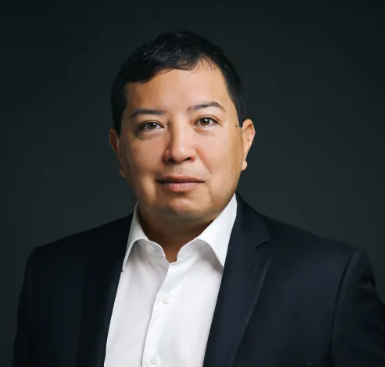In an op/ed to the Desert Sun, David Sickey, a senior advisor for energy and water projects at Cadiz, Inc. and a former chairman of the Coushatta Tribe, writes tribes in the Pacific Southwest are now in position to make a difference in the decision-making about water resources to those who have previously been underserved.

For many sovereign tribal nations who call the desert home, water insecurity is a reality that shapes everyday life. For too long, the needs of tribal communities across the country have been overlooked in critical decisions regarding vital water resources, leaving many with unreliable water access. Tribes in the Pacific Southwest are now in a position to change that.
For the first time in history, Indian tribes have a seat at the table, and together with Cadiz, Inc., are creating what will be the first major water infrastructure project to be majority owned by tribes for the benefit of tribes, farmworker and other historically underserved communities.
More Stories Like This
Chickasaw Lighthorse Police Officer named Indian Country Law Enforcement Officer of the YearIndian Gaming Association Rallies Broad Coalition Against Sports Event Contracts It Calls Illegal Threat to Tribal Sovereignty
Navajo Resources and Development Committee Issues Notice on Livestock Inspection Requirements
American Prairie, Tribal Coalition Files Protest Over Rescinded Grazing Rights
Northern Cheyenne Push Back Against Trump Administration’s Effort to Alter Little Bighorn History
Help us defend tribal sovereignty.
At Native News Online, our mission is rooted in telling the stories that strengthen sovereignty and uplift Indigenous voices — not just at year’s end, but every single day.
Because of your generosity last year, we were able to keep our reporters on the ground in tribal communities, at national gatherings and in the halls of Congress — covering the issues that matter most to Indian Country: sovereignty, culture, education, health and economic opportunity.
That support sustained us through a tough year in 2025. Now, as we look to the year ahead, we need your help right now to ensure warrior journalism remains strong — reporting that defends tribal sovereignty, amplifies Native truth, and holds power accountable.
 The stakes couldn't be higher. Your support keeps Native voices heard, Native stories told and Native sovereignty defended.
The stakes couldn't be higher. Your support keeps Native voices heard, Native stories told and Native sovereignty defended.
Stand with Warrior Journalism today.
Levi Rickert (Potawatomi), Editor & Publisher


